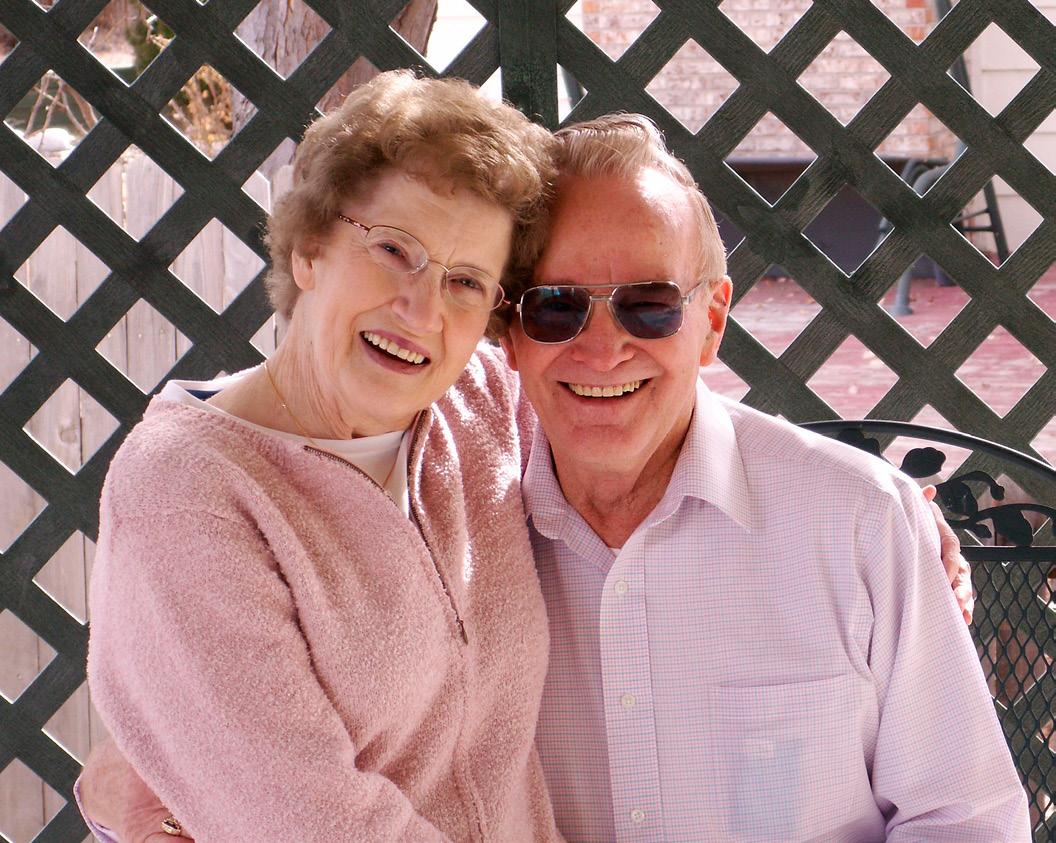
4 minute read
NAVIGATING MEMORY LOSS
How do we have a family vacation?
By Dr. K. Jennifer Ingram, MD FRCPC Founder and Medical Director Kawartha Centre - Redefining Healthy Aging
Including your family member with dementia in your summer activities, although challenging, can provide priceless family memories.
To ensure your vacation is dementia friendly, the planning begins while still at home. I encourage families to schedule meetings both with and without the person with dementia. While together, set expectations, discuss past activities that have worked well, and try to incorporate these into your plans.
My fondest memories of summer vacations include morning coffee on the dock, a relaxing paddle, beach time, and quiet evenings. Gatherings with family and friends, music, campfires, boisterous meals, and watersports may be your preference. For a family member with dementia, especially in the initial years, these activities are still possible since the vast majority retain their social skills throughout the course of the disease. With advance planning, recreational activities can be pleasurable and memorable for everyone involved.
Vacation activities will work best with small group or one-on-one gatherings. With dementia, a person’s brain requires focus, quiet, and simplicity so eliminate distractions where possible, encourage more personalized interactions, and reduce ambient noise. For boisterous gatherings try a series of shorter visits in a quiet nook away from music volumes turned on high. A scheduled buddy system works very well for a family member with memory issues. Assign one person to gently “buddy up” for specific periods or activities each day. This ensures the person with memory issues participates and is a chance for meaningful and focussed connections. Creating a schedule of morning, afternoon, and evening activities with the assigned buddy works very well. It can also minimize feelings of isolation which can aggravate confusion and frustration. Asking someone if they “want” to do an activity may result in a refusal - not because they are disinterested but because it is too difficult to plan. Folks with dementia lose organizational and executive skills. Instead, set the activity up and those with dementia often gladly join in.
Vacation time for a person with memory concerns should be organized like summer camp. While an unstructured summer schedule appeals to most of us, for someone with dementia, a consistent sleeping, activity, and meal schedule is very important. Naps are not a bad thing but finding your family member repeatedly snoozing usually reflects the need for more structure in their day, not more sleep.
If you are vacationing at a cottage, try to have the cottage opened and stocked before the individual with memory concerns arrives. There is always a lot to do, and it can be confusing to expose them to the disarray of setting up. If you have a large event planned such as a family wedding, birthday, or anniversary celebration, try to schedule the arrival of your family member with dementia several days in advance. This provides them with time to acclimatize to the new environment before the over- stimulation of a large gathering. The first few days in a new location can be rough. When those with dementia move from one place to another, it sometimes takes a few days for their brain to catch up to the change.
If wandering is a worry, it is usually driven by curiosity, a need for exercise, or too much time alone. The buddy system will help with this. You can also consider an unobtrusive GPS monitoring device.
Alcohol consumption should be avoided or minimized as it frequently creates inappropriate reactions and confusion. Many families agonize over how to manage non-alcoholic beverages for their family member, especially if alcohol consumption was their usual. I recommend the current “buddy” act unobtrusively as server for nonalcoholic beverages. This substitution without discussion is usually accepted without question.
We all need purpose. Include your family member with dementia in chores and activities such as meal preparation, table setting, collecting wood, making beds, and doing dishes. You will find that a person with advanced dementia needs much more succinct instruction involving immediate tasks that can be easily performed or are self evident. Asking someone with a moderate or severe dementia to make a salad may result in distress, anxiety, and tears, while placing each salad item one at a time on their cutting board should result in a wonderful creation. This dementia friendly strategy is called an “abilities-based approach”.
Their willingness to participate as part of the group provides them with purpose. The family needs to structure every activity with instructions that are simple and immediate. Vacations are for reminiscing and rekindling old pastimes while building precious memories for the future. Including your loved one with dementia provides a priceless opportunity to add depth and meaning to everyone’s experience. Learn to live in the present. Treasure your time together.

GAIN CLINICS
Peterborough Regional Health Centre 705-743-2121 x5021
Port Hope Community Health Centre 905-885-2626 x254
Community Care City of Kawartha Lakes 705-879-4112
Trent Hills Community Team 705-653-1140 x2139
Haliburton Highlands Health Services 705-286-2140 x3400
ALZHEIMER’S SOCIETY PETERBOROUGH, KL, NORTHUMBERLAND & HALIBURTON 1-800-561-2588
COMMUNITY CARE
Peterborough 705-742-7067
City of Kawartha Lakes 1-800-461-0327
Northumberland 1-866-514-5774
Haliburton County 705-457-1392
Kawartha Centre ~ Redefining Healthy Aging (Clinical Trials and Geriatric Medical Clinic) 705-749-3350











